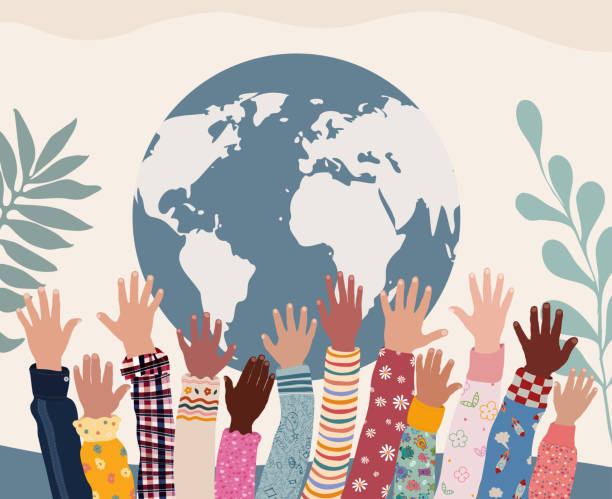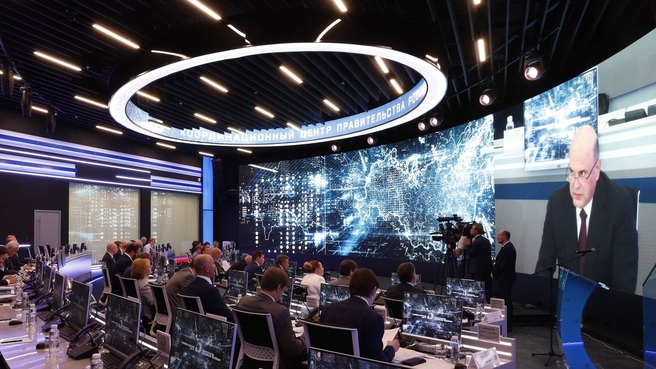Unveiling Cultural Education in the Modern World

Table of Contents
ToggleThe Dynamic Essence of Cultural Education
In the contemporary world, cultural education stands as a dynamic catalyst, serving as more than a mere exploration of traditions and customs. It is a multifaceted domain that knits together history, traditions, social norms, and global perspectives into a comprehensive framework. This domain is the reservoir where diversity intertwines with understanding, forming the fabric of modern societies.
A Bridge to Global Understanding
Cultural education transcends geographical boundaries. It acts as a bridge, connecting people from different walks of life by fostering tolerance, appreciation, and understanding. It’s a conduit that allows individuals to delve into the intricacies of various cultures, leading to a more inclusive and harmonious society.
Preserving Heritage in the Digital Age
In an era marked by rapid globalization and technological advancements, the preservation of cultural heritage gains paramount importance. Cultural education assumes the role of a guardian, ensuring the preservation of languages, traditions, and historical narratives. It ensures that cultural legacies are not lost amidst the waves of modernity but rather embraced and celebrated.
Cultural Literacy in Contemporary Learning
Educational institutions today are recognizing the profound significance of integrating cultural education into their curricula. It’s not just about textbooks and lectures but about fostering a cultural literacy that empowers individuals to navigate an interconnected world with respect and empathy.
Nurturing Cultural Competence
Beyond factual knowledge, cultural education cultivates cultural competence – a skill set essential for global citizens. It encourages individuals to embrace diversity, respect differences, and engage in meaningful cross-cultural interactions. This skill set becomes invaluable in a world that thrives on collaboration and interconnectedness.
Challenges and Opportunities
While cultural education brings immense opportunities, it’s not without its challenges. Issues like cultural biases, stereotypes, and the clash of ideologies often create hurdles. However, these challenges present opportunities for growth, fostering dialogue, and understanding, leading to greater cultural appreciation.
Cultural Education and Social Cohesion
One of the striking impacts of cultural education is its ability to promote social cohesion. By imparting knowledge about different cultures, it bridges gaps, diminishes prejudices, and builds stronger communities based on mutual respect and shared understanding.
Embracing Diversity in Cultural Education
The essence of cultural education lies in celebrating diversity. It encourages the celebration of differences, encouraging individuals to explore, learn, and appreciate various cultural nuances. It’s about recognizing that each culture adds vibrancy and depth to the global tapestry.
Conclusion: A Tapestry of Understanding
In a rapidly evolving world, where distances shrink and borders blur, cultural education emerges as the beacon guiding societies towards mutual respect, appreciation, and acceptance. It fosters a world where cultural richness is valued, differences are celebrated, and unity emerges from understanding. Embracing cultural education is not just about learning traditions; it’s about fostering a global community built on diversity, respect, and shared knowledge.




